Interest rates left unchanged – but hike expected in May
Bank of England’s Monetary Policy Committee hints that an increase may be on the cards
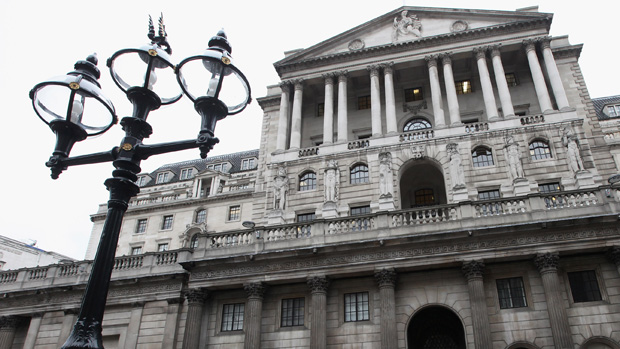
A free daily email with the biggest news stories of the day – and the best features from TheWeek.com
You are now subscribed
Your newsletter sign-up was successful
A rise in interest rates could be on the way. Although the Bank of England’s Monetary Policy Committee (MPC) has voted to hold interest rates steady at 0.5%, it has also given strong hints of a hike in May.
Policymakers voted 7-2 to keep the benchmark unchanged this month, with Ian McCafferty and Michael Saunders hawkishly pushing for an immediate increase to 0.75%.
The pair argue that a rise in borrowing costs is needed because “slack in the economy has been used up” and wage growth is accelerating, Bloomberg reports.
The Week
Escape your echo chamber. Get the facts behind the news, plus analysis from multiple perspectives.

Sign up for The Week's Free Newsletters
From our morning news briefing to a weekly Good News Newsletter, get the best of The Week delivered directly to your inbox.
From our morning news briefing to a weekly Good News Newsletter, get the best of The Week delivered directly to your inbox.
The BoE’s key interest rate has remained unchanged since November when it was raised for the first time in more than a decade.
“The best collective judgement of the MPC remained that, given the prospect of excess demand over the forecast period, an ongoing tightening of monetary policy over the forecast period would be appropriate,” said the minutes of this month’s meeting.
Craig Inches, head of rates & cash at Royal London Asset Management, told The Guardian that the Bank of England “missed an opportunity” by not raising rates today.
“With real wage growth moving into positive territory for the first time in over two years, strong retail sales and some welcome progress on the Brexit negotiations, the uncertainty that has concerned the bank in recent months is beginning to be demystified,” he said.
A free daily email with the biggest news stories of the day – and the best features from TheWeek.com
However, BBC economics editor Kamal Ahmed warns that growth is still fairly weak. “Too sharp a yank on the interest rate lever could apply dampeners just when they are not needed,” he says.
The Bank of England’s decision comes a day after the US Federal Reserve raised interest rates from 1.5% to 1.75% – the sixth increase since 2015.
-
 Political cartoons for February 15
Political cartoons for February 15Cartoons Sunday's political cartoons include political ventriloquism, Europe in the middle, and more
-
 The broken water companies failing England and Wales
The broken water companies failing England and WalesExplainer With rising bills, deteriorating river health and a lack of investment, regulators face an uphill battle to stabilise the industry
-
 A thrilling foodie city in northern Japan
A thrilling foodie city in northern JapanThe Week Recommends The food scene here is ‘unspoilt’ and ‘fun’
-
 The end for central bank independence?
The end for central bank independence?The Explainer Trump’s war on the US Federal Reserve comes at a moment of global weakening in central bank authority
-
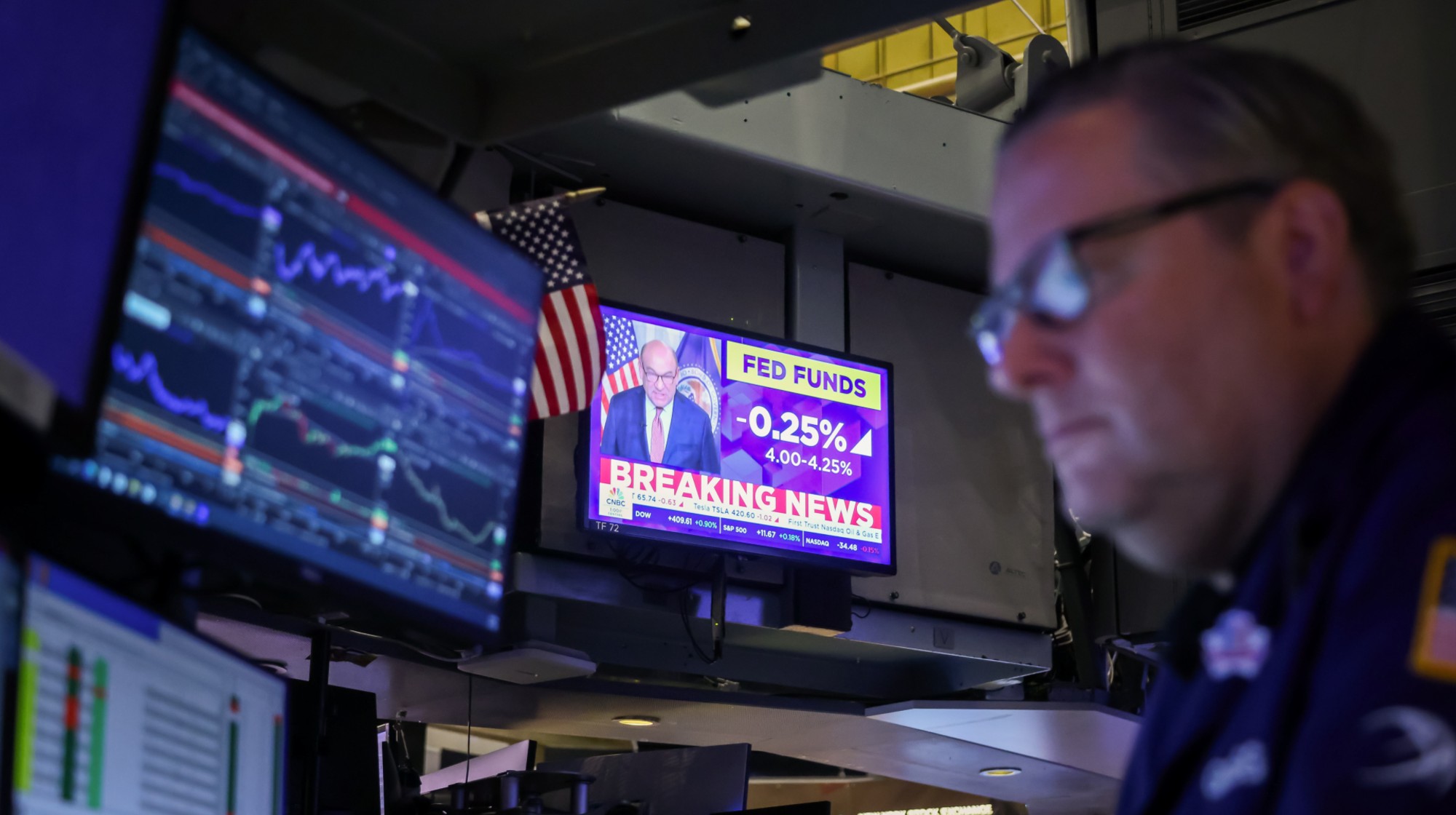 Fed cuts interest rates a quarter point
Fed cuts interest rates a quarter pointSpeed Read ‘The cut suggests a broader shift toward concern about cracks forming in the job market’
-
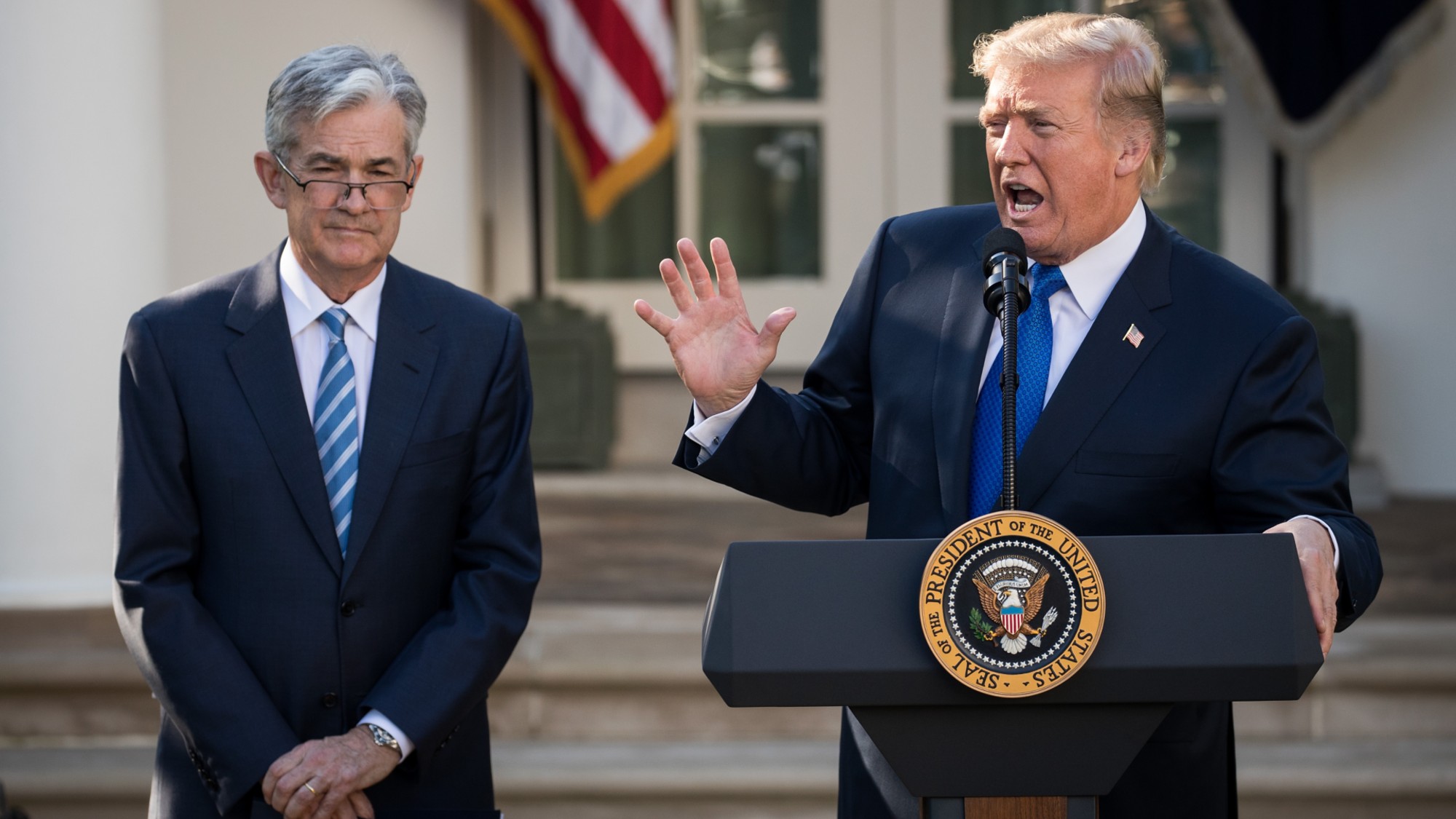 How will Wall Street react to the Trump-Powell showdown?
How will Wall Street react to the Trump-Powell showdown?Today's Big Question 'Market turmoil' seems likely
-
 Will Rachel Reeves have to raise taxes again?
Will Rachel Reeves have to raise taxes again?Today's Big Question Rising gilt yields and higher debt interest sound warning that Chancellor may miss her Budget borrowing targets
-
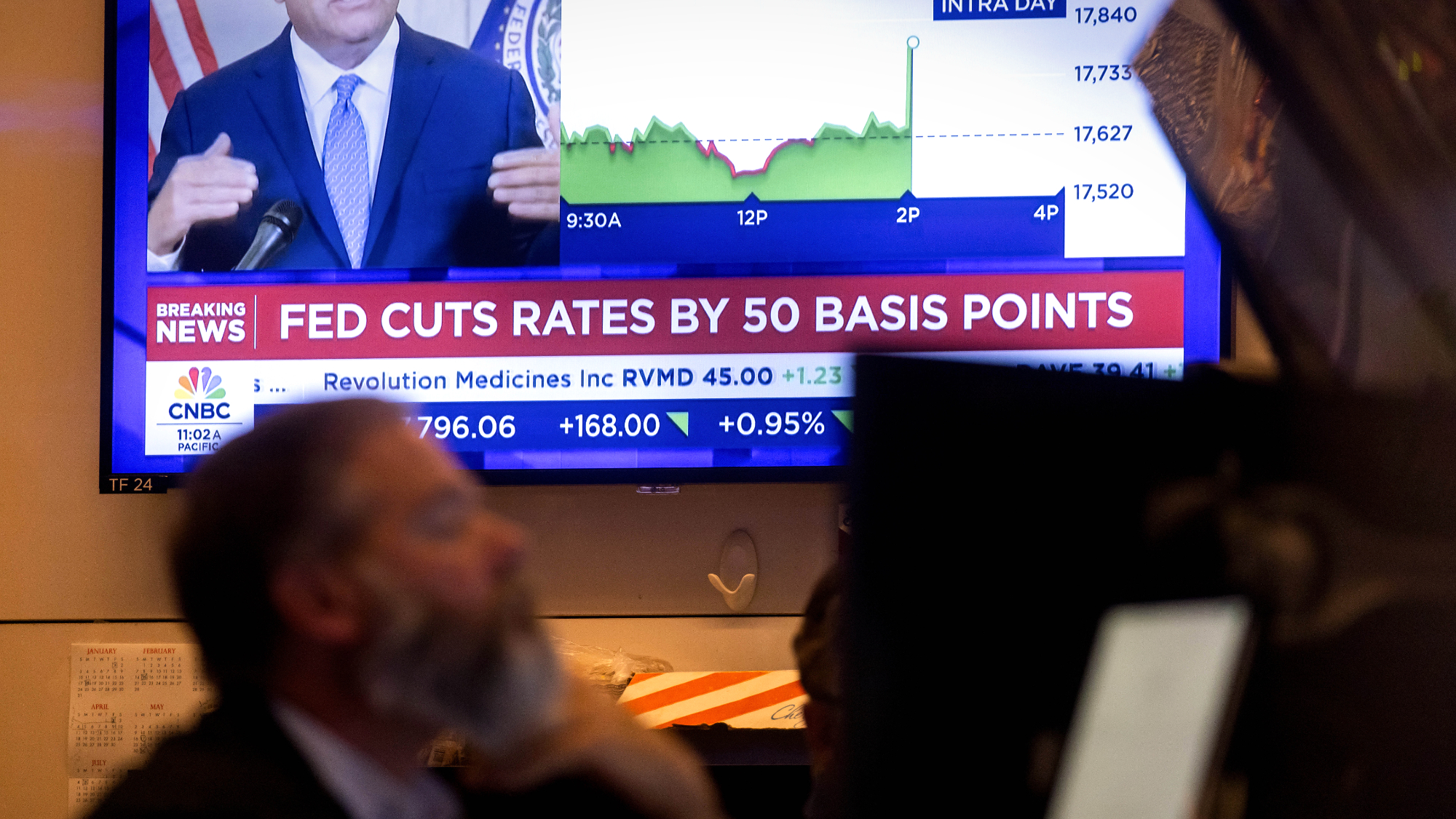 Fed cuts rates half a point, hinting victory on inflation
Fed cuts rates half a point, hinting victory on inflationSpeed Read This is the Fed's first cut in two years
-
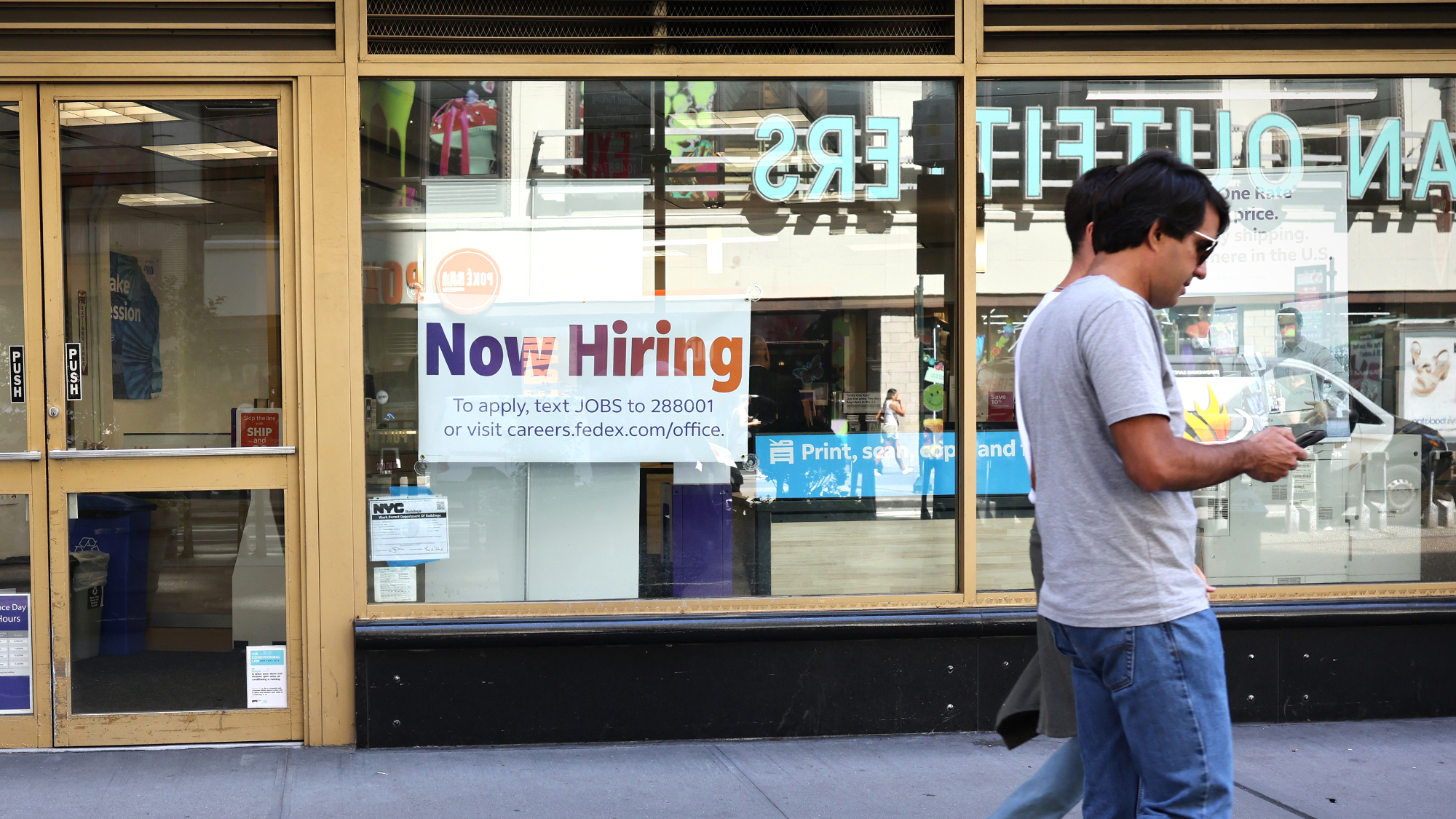 US job growth revised downward
US job growth revised downwardSpeed Read The US economy added 818,000 fewer jobs than first reported
-
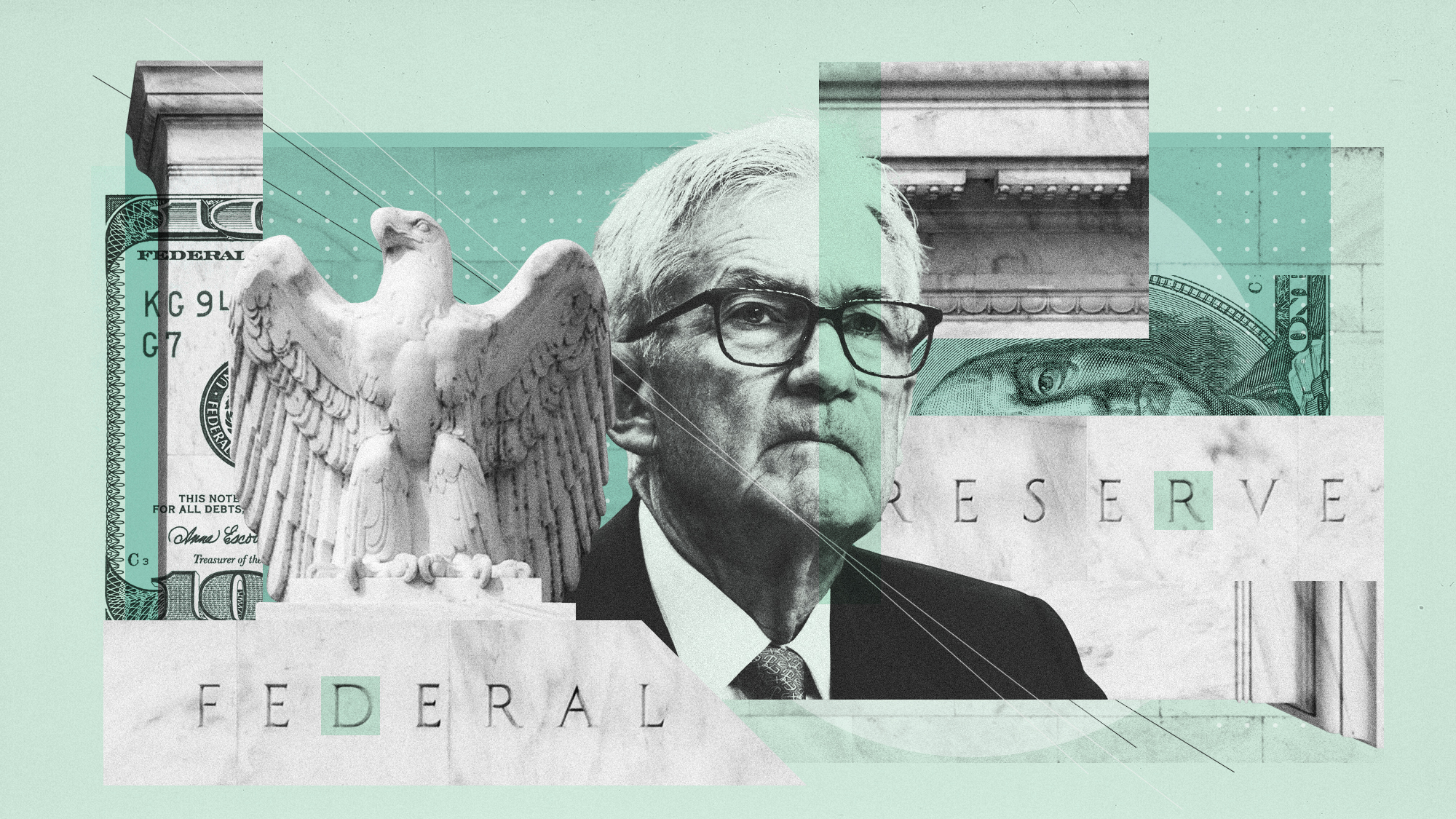 Is the Fed ready to start cutting interest rates?
Is the Fed ready to start cutting interest rates?Today's Big Question Recession fears and a presidential election affect the calculation
-
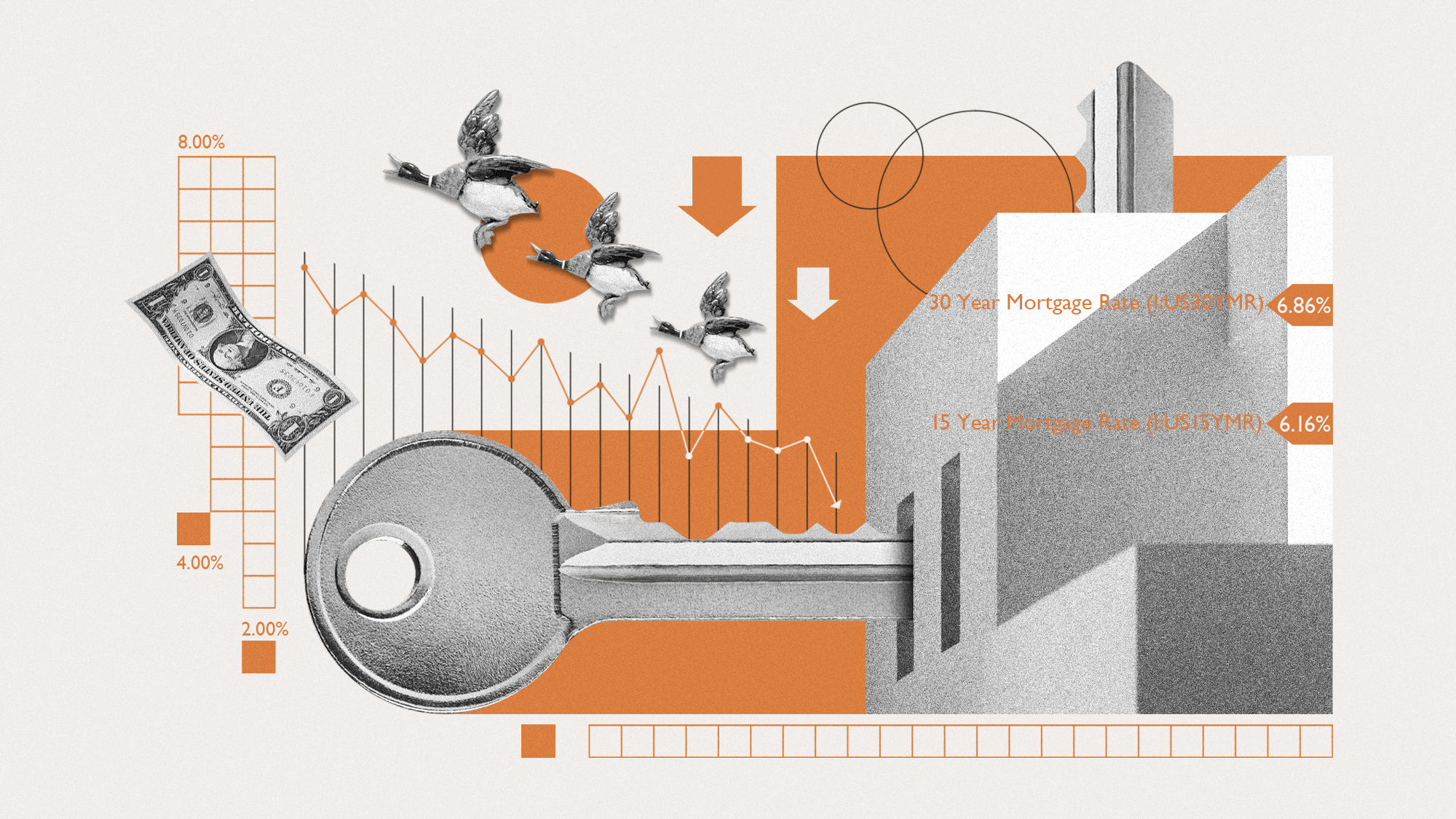 Will the housing slump ever end?
Will the housing slump ever end?Today's Big Question Probably not until mortgage rates come down